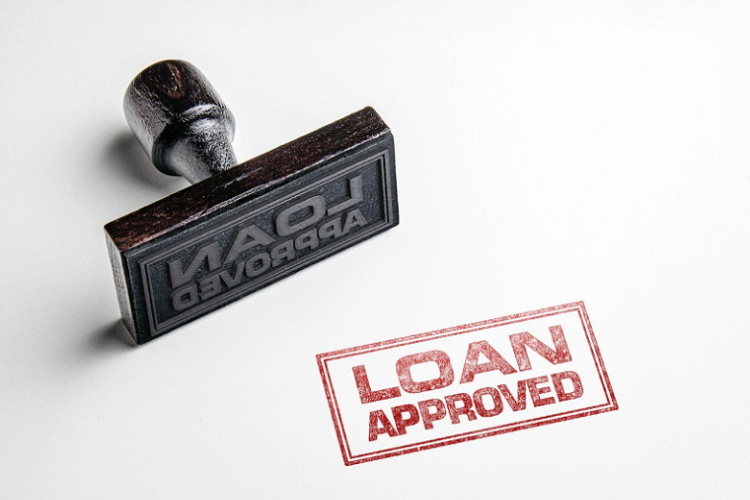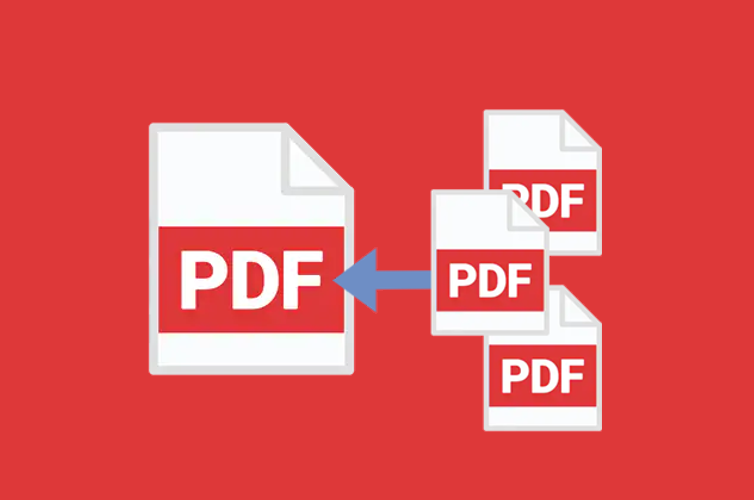Many people say that age is just a number, but that isn’t always the case, especially when applying for a loan. In most cases, you’ll need to be at least 18 years old to take out a loan. However, there are some exceptions.
With many types of loans available, it’s also possible that the required age for one loan might not be the same age for a different loan. Furthermore, some may be too old for a loan if they’re near retirement age. While this may seem complicated, the good news is that we’re here to help you sort this out.
If you’ve ever wondered about the minimum age for a loan, you’re in the right place. Read on for answers to how old do you need to be for a loan, along with other questions.
What Are the Requirements to Get a Loan in the United States?
Getting approved for a loan isn’t as simple as walking into a bank and asking for money. So, you’ll need to meet some basic requirements. These requirements do have some workarounds, but you’ll need a co-signer to achieve many of them.
The most common requirements include the following:
- 18 years of age
- Having a bank account
- Credit history
- Income and assets
Learn more about each requirement below.
18 Years of Age
According to United States law, you must be at least 18 years old to sign a loan agreement with a lender. While there are some workarounds to this, like a co-signer, these laws are in place to protect young lenders, additionally, 18 years old might still be too young for most major loans if the applicant has no credit history.
Having a Bank Account
Bank accounts are important to lenders because this is where the money comes from. They’ll want to see if you have any money in savings and what your expenses look like. Furthermore, the account will typically be used to pay the lender back. Therefore, having this information is essential.
Credit History
Lenders approve loans for people based on their credit scores. Someone’s credit score is based on the following metrics:
- Hard inquiries: How often you apply for new lines of credit or loans.
- Age of credit: How long you’ve had credit.
- Credit utilization: How much of your available credit you’re using.
- Payment history: How often you make payments and how often you miss one.
- Derogatory marks: These marks bring down your score. Examples include bankruptcy and defaulting on debt.
These are some of the most common metrics used to measure someone’s credit score. One of the important ones to note is the age of credit metric. Someone younger might not have enough of a credit history to qualify for a loan.
Income and Assets
One of the other major factors that lenders consider is your income and assets. Income is your annual income or monthly income from work, and assets are things like retirement accounts, properties, and investment vehicles. If you don’t have enough income or income generated by assets to pay for a loan, you won’t qualify for it.
Lenders will look at your debt-to-income ratio as well, which is how much you bring in compared to what you leave as debt payments.
How to Know If You’ll Qualify for a Loan
When you want to get a loan, there are a few ways to check if you qualify. You’ll always want to start by checking your records to see if there are any discrepancies. Once that’s done, you can begin to check your options.
How to Check Your Records Before Applying for a Loan
The best thing you can do before applying for a loan is to check your records first. Doing so ensures that you don’t get a hard inquiry on your record report. There are a few ways to check your records, but the best method is to use Information.com’s public records search tool. Just enter your full name, address, state, and city to view your report.
Another way to check your records is to view your credit score. This can be done on apps like Credit Karma and Experian. Viewing your credit report gives you an idea about how lenders view your chances of paying back the loan. However, if you’re under 18 or just over 20, you might not have much of a credit history.
How to Qualify for a Loan If You’re Under 18
You have to be 18 to sign a contract in the United States, which is what most lenders require. Therefore, it’s challenging for someone under 18 to get a loan on their own. The good news is that there are a few methods to help you get approved.
We list these methods below.
- Have a parent co-sign: Having a parent or guardian co-sign a loan makes it so that you can legally enter into a contract.
- Apply for a federal student loan: Federal student loans are available for people who are under the age of 18.
- Apply for a youth loan: These loans are available for people under the age of 18, but a parent/guardian must consent.
- Apply for a car loan with an adult borrower: You can apply for a car loan as long as you’re 16 years old and have an adult co-borrower.
Some other methods are also available, which include getting a secured loan or credit card.
There are different rules for emancipated minors, as they are considered a legal adult and can enter into contracts; however, this can vary by state, so check with your local laws if you’re emancipated.
While these methods can help you qualify for a loan, that doesn’t always mean you’ll get approved. Always check your records first before applying.
Get Approved for a Loan Today
18 years old is usually old enough to apply for most types of loans, including student loans, personal loans, and even mortgages. If you’re looking to get a loan at a younger age or want to help your child finance something, they’ll need a co-signer. In some cases, you may have to take out the loan and then put the item in their name.
All that said, getting loans usually varies based on your circumstances. Always check your background and credit records to determine your approval odds and speak with a qualified lender for more information.











